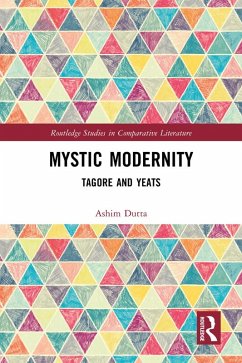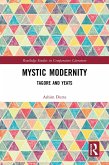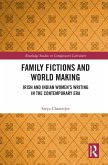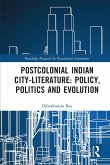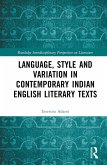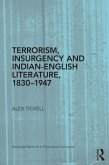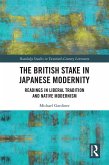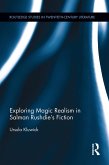Dieser Download kann aus rechtlichen Gründen nur mit Rechnungsadresse in A, B, BG, CY, CZ, D, DK, EW, E, FIN, F, GR, HR, H, IRL, I, LT, L, LR, M, NL, PL, P, R, S, SLO, SK ausgeliefert werden.
Lucy McDiarmid, Marie Frazee-Baldassarre Professor of English, Montclair State University
"Ashim Dutta's book is long overdue, for the affinities between Tagore and Yeats that brought them together needed to be contextualized from a perspective considering contemporary mystical modes and transnational exchanges. Based on extensive research and sustained analysis, Dutta's work offers new insights into the transcontinental cross-currents stimulating creative minds in the early modern era."
Fakrul Alam, UGC Professor, Department of English, University of Dhaka
"Dutta's book recreates the Tagore and Yeats relationship in wholly original terms, offering an account of two poets who engaged very closely in a shared poetical project of mystical modernism. Dutta insists that we take their heterodox spiritual beliefs very seriously indeed, as both a complement and a challenge to conventional politicised readings."
Matthew Campbell, Professor of Modern Literature, University of York
"Bypassing narratives that force readers to choose between secular/modern or mystical/spiritual readings of W. B. Yeats and Rabindranath Tagore, Ashim Dutta expertly insists on both. Dutta's deeply informed study, a model for bilingual and transcultural research, shows that the syncretic and eclectic mysticism of both writers is intrinsically modern, and equally that their distinct modernities are inextricably mystical. Dutta's sensitive readings of writers who famously admired and misunderstood each other leads to precise re-calibrations of each. This is a brilliant study, strikingly original and utterly convincing."
Margaret Mills Harper, University of Limerick

